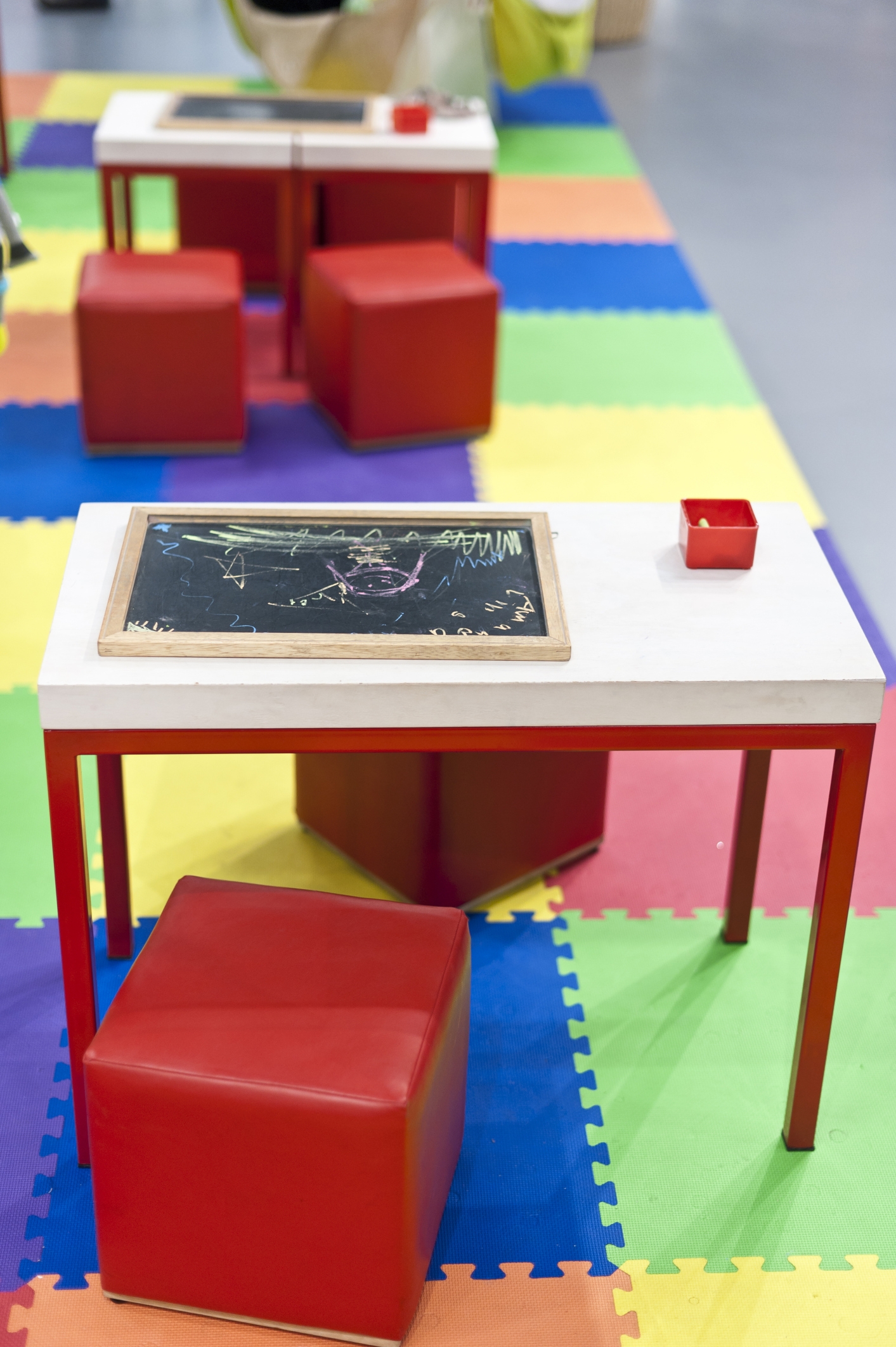Education and The Sharing Revolution
by Cecile Andrews | September 19, 2013

"The only thing that interferes with my learning is my education."
—Albert Einstein
"Education is not the filling of a bucket, but the lighting of a fire."
—William Butler Yeats
September marks the beginning of a new school year. How soon, though, will the excitement wear off? How soon will little kids start dreading catching the school bus? When will high school kids go back to falling asleep in class? When will college students resume skipping classes?
Maybe we could keep the excitement of school alive if people learned from the sharing movement. The movement focuses on all manner of sharing, from clothes to cars, bringing people together in neighborhoods and communities. It’s a movement about connecting with each other (instead of doing things alone), mutuality and reciprocity (everyone benefits), being egalitarian, and encouraging participation (everyone is involved). Above all, the sharing movement creates empathy.
What if education involved all of these?
What if education brought people together in congenial conversation instead of solitary studying?
What if people really got to know each other instead of hiding behind a false image meant to impress rather than connect?
What if students helped each other out instead of fighting for the few top grades?
What if students experienced learning as equals instead of being graded on a curve or cowed by the experts?
What if everyone participated instead of passively parroting back what the teacher says?
What if students learned that we’re all in this together, and they began to believe in themselves?
Of course, schools would improve!
How could we help make schools more like the sharing movement? Here are a few ideas:
Learning from life
Instead of just reading textbooks and answering the questions someone else provides, let students also learn from their own experience. This is how people develop their own values, learn to make their own decisions, and know themselves. When people talk about their experiences, they share themselves. Everyone learns from everyone else. Most of all, they develop empathy and the ability to understand others, the quality that research finds is most likely to bring about progressive social change.
Limit lectures
When you learn from life, you automatically begin to limit lectures. Lectures undermine participation and one’s belief that he or she can think independently. Of course, we don’t have to worry about this as much in the lower grades, but it’s a problem the further up we go. In the quote above, Yeats admonishes us not to try to fill up the students with facts, but to ignite their excitement about learning! Excitement grows when people talk together.
Small groups
All the research shows that everyone does better when they participate in small groups. You really can share yourself in a small group—you’re eye to eye, no hiding! Small groups let people connect and overcome the isolation of the textbook. Everyone learns from everyone else.
Conversation
Make sure that the learning experience involves conversation—not argument or even debate. We’re not here to win! It’s not a battle, it’s a barn raising. We need to learn to share our ideas in a congenial, collaborative way, not trying to prove a point. Again, conversation allows students to share themselves. They can talk about what they feel and not just stick to abstract, cerebral ideas that distance them from others. Good conversation means sharing the air time, with no one hogging it. It’s about coming together to create an experience of connection.
Collaborative action
Schools should talk about some of the big problems facing us—but don’t just talk, plan actions! Brainstorm together (sharing ideas) and think of things you can do together (collaborating instead of going it alone). Share support and encouragement with each other as everyone works to make a difference.
Rise up against standardized testing
The scandals of administrators cheating on the standardized test scores are shocking. This is not the teachers' fault, yet we continue to blame teachers for our low achievement levels. It’s something that the schools have been pushed into. But preparing students for standardized testing takes time away from conversation, the arts, even physical education. Most of all, it kills the spirit of learning and teaching.
Learning is about connecting around real issues that are important to students. Latin American educator Paulo Freire talked about rejecting the “banking” method of schools—filling students up with facts. Instead, he called for the “midwife” approach where you help students give birth to their own ideas. There are some new groups working on this: United Opt Out and Bad Ass Teachers.
And what results from these experiences of caring, reciprocity, cooperation, and connection? Mutual goodwill and respect. You begin to feel that we’re all in this together: we belong! Nell Noddings, Stanford professor emeritus, says that the primary purpose of education is to teach caring, and you do this by allowing people to feel cared for.
Start looking at education through the “sharing lens,” and we’ll come up with a lot of new ideas!
Cecile Andrews is the author of books on simplicity as well as the new Living Room Revolution: A Handbook for Conversation, Community, and the Common Good. She is an advocate of study circles and has her doctorate from Stanford.

